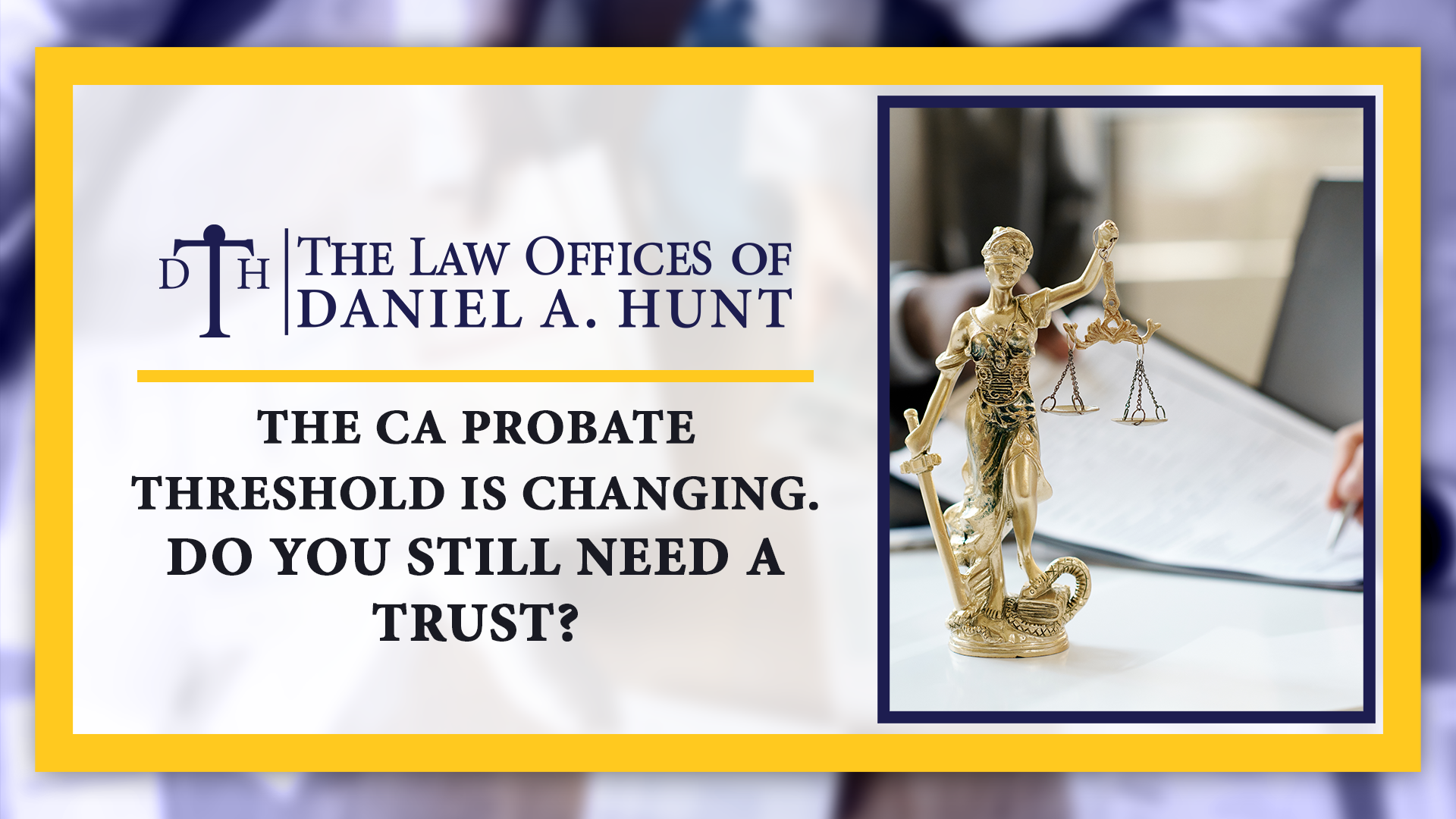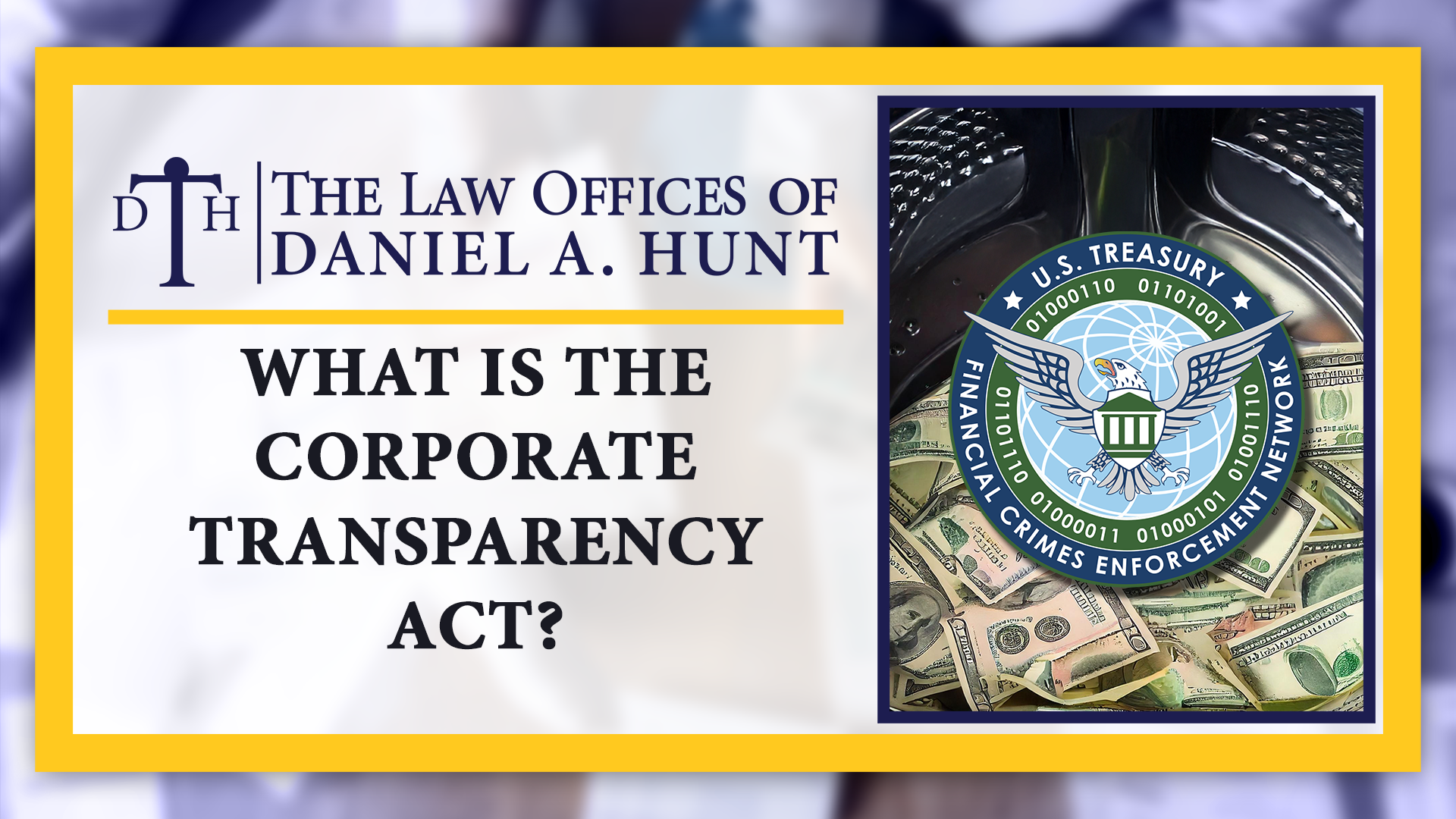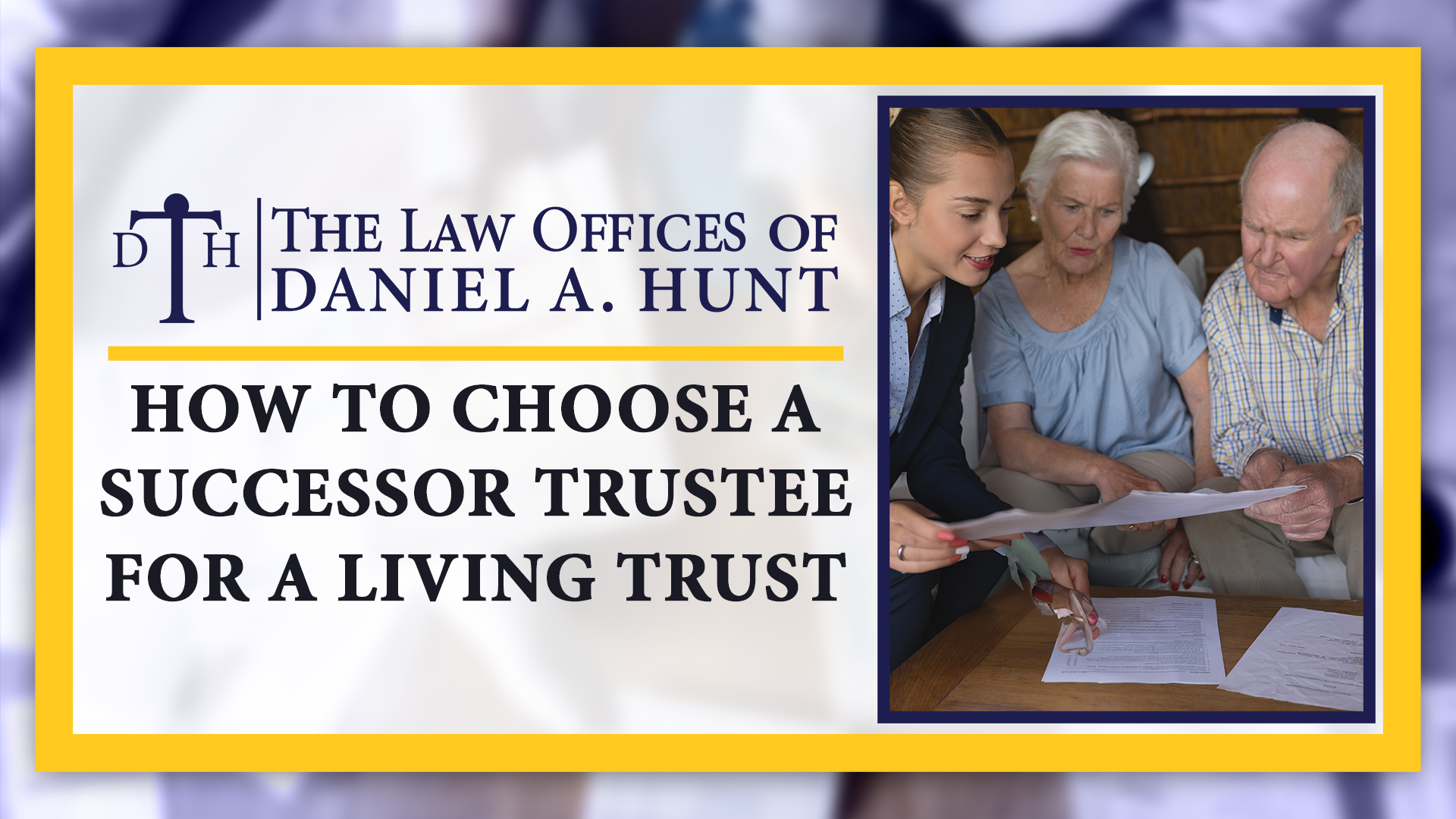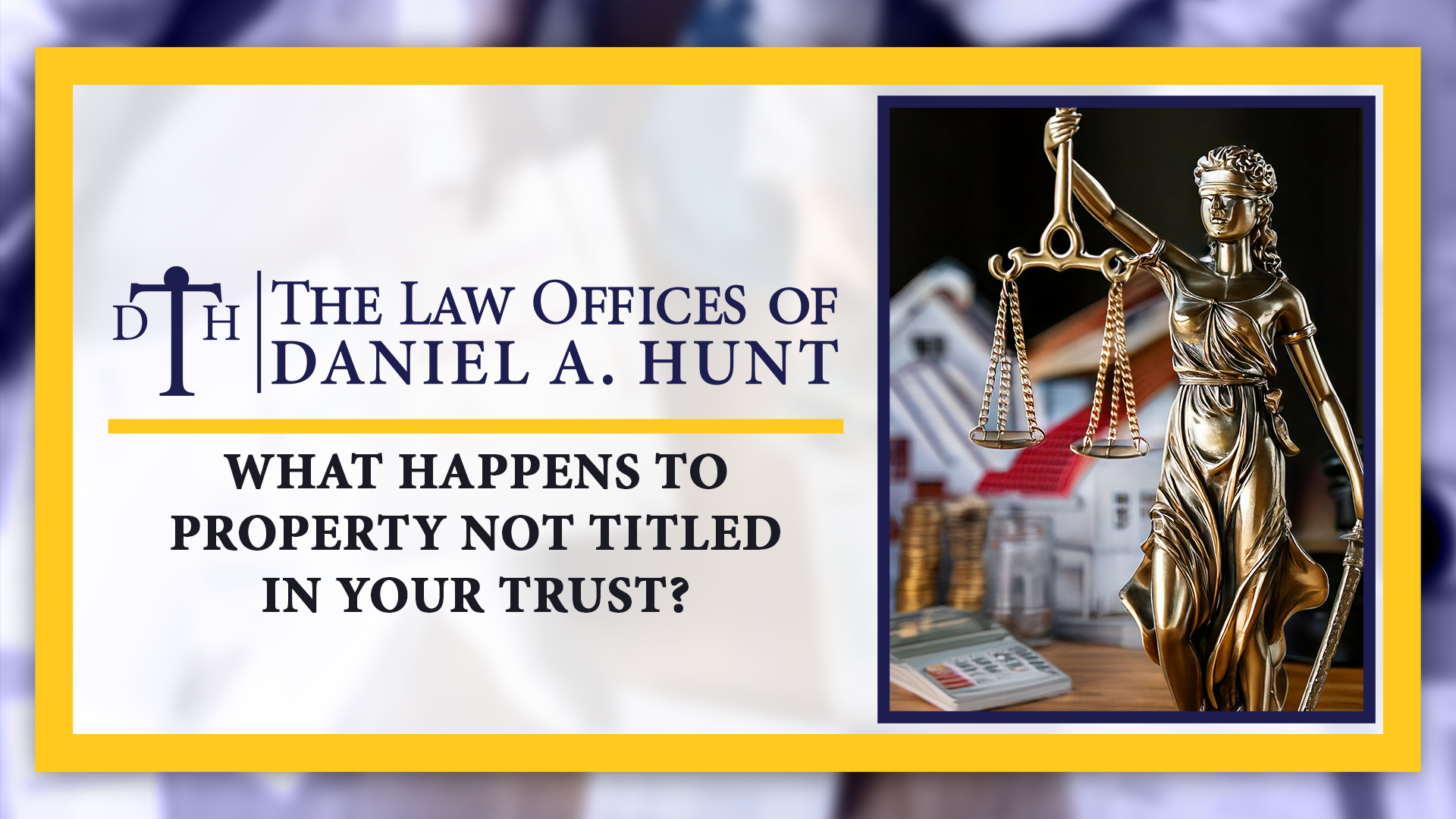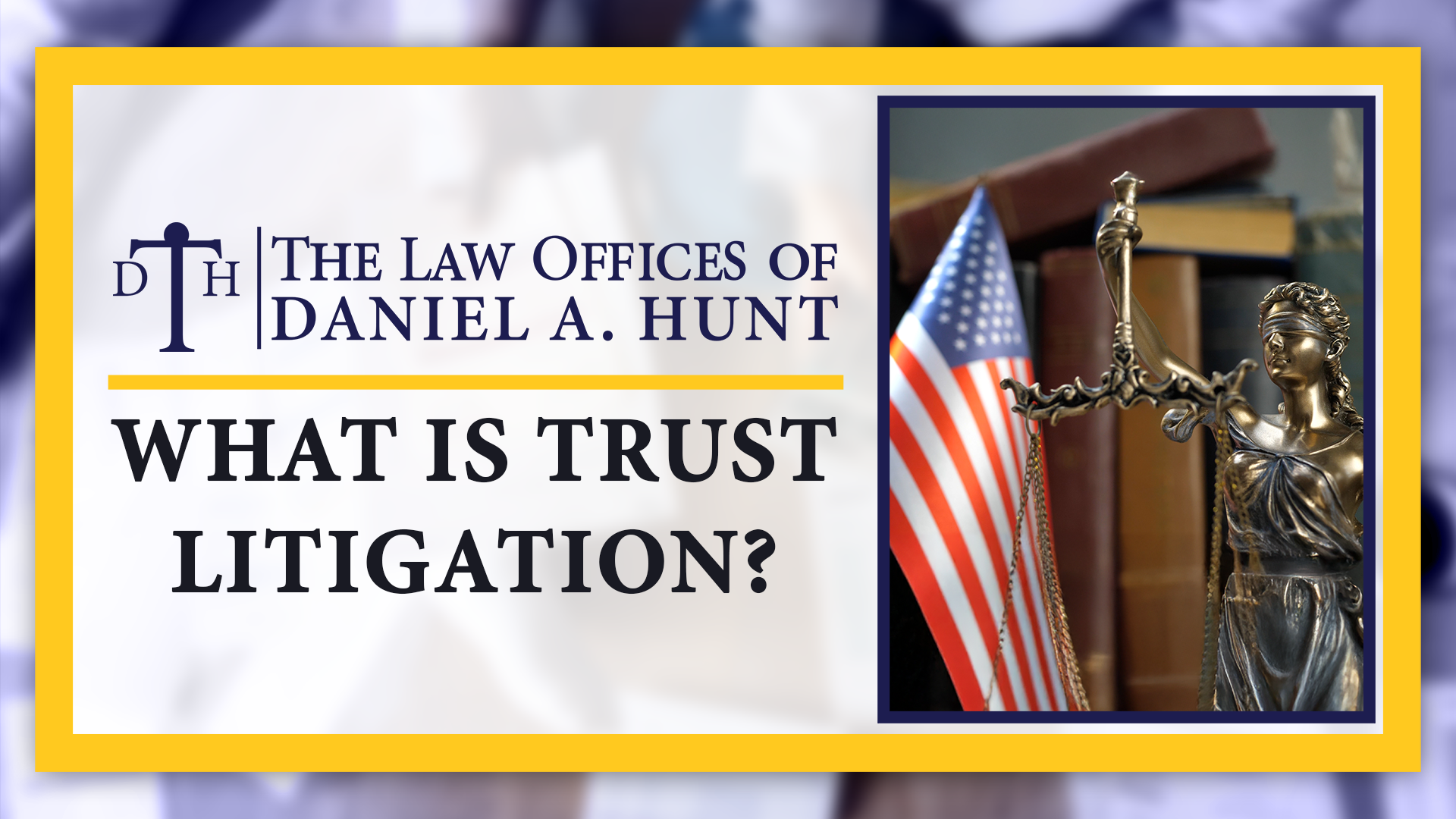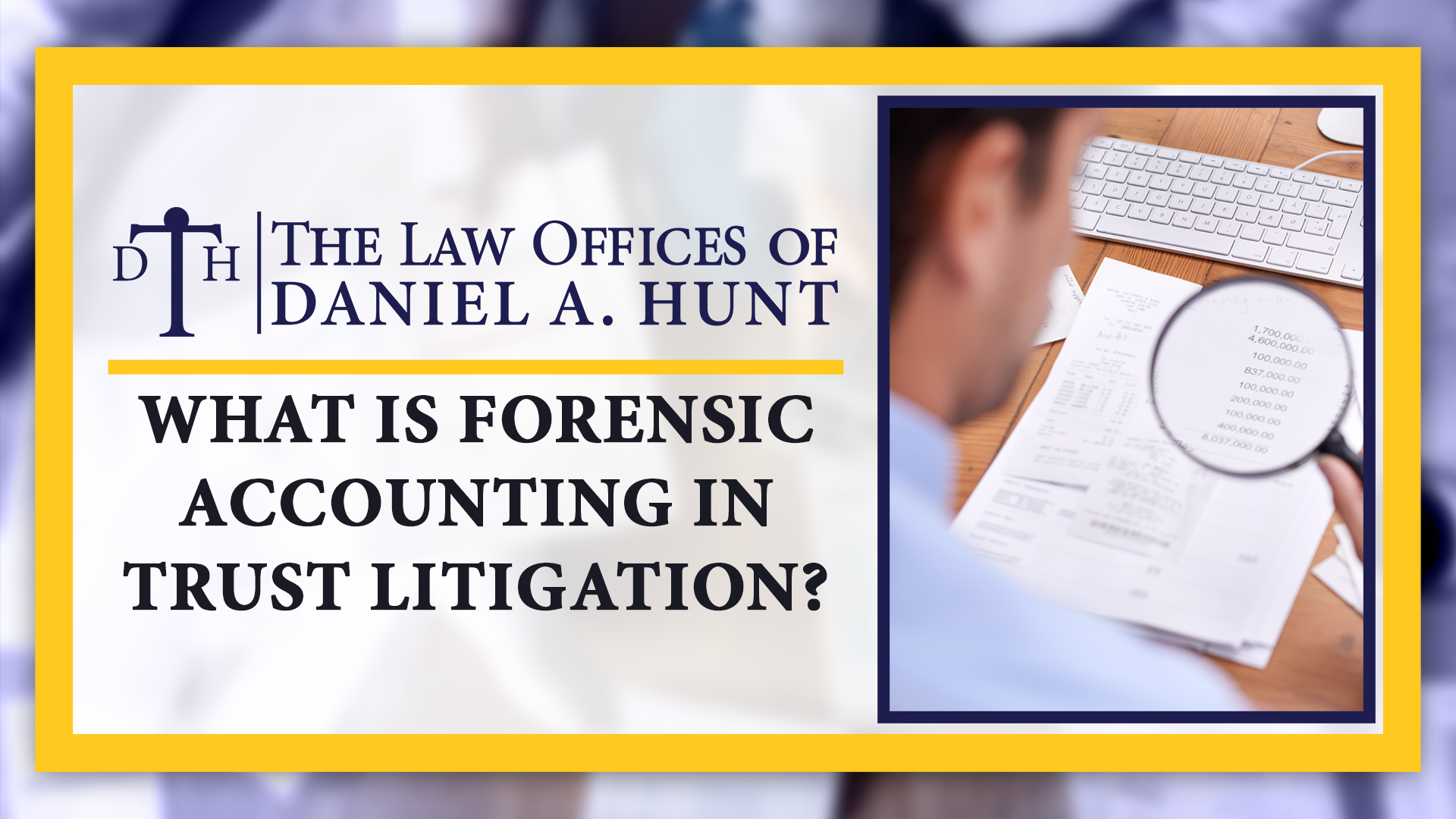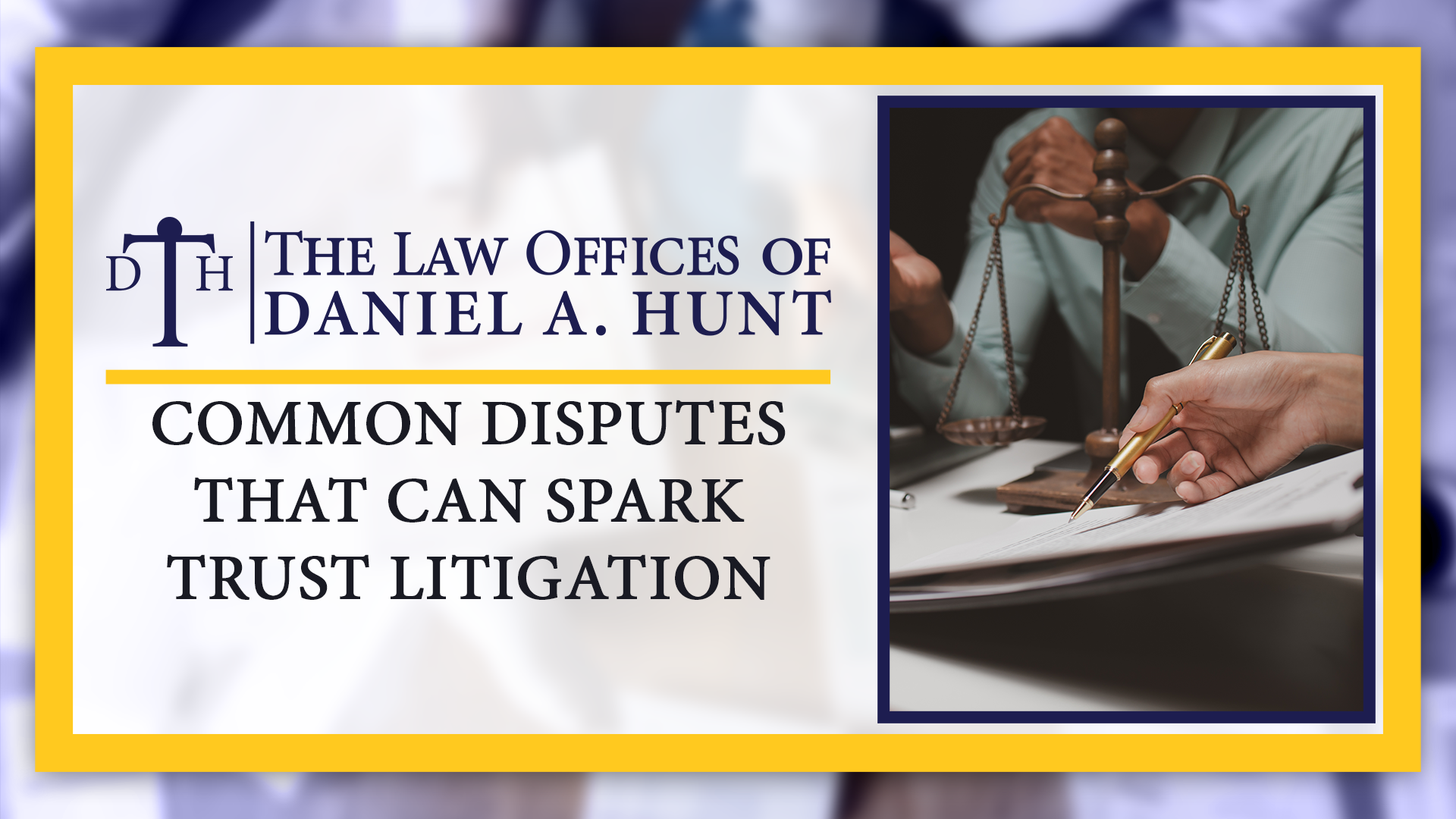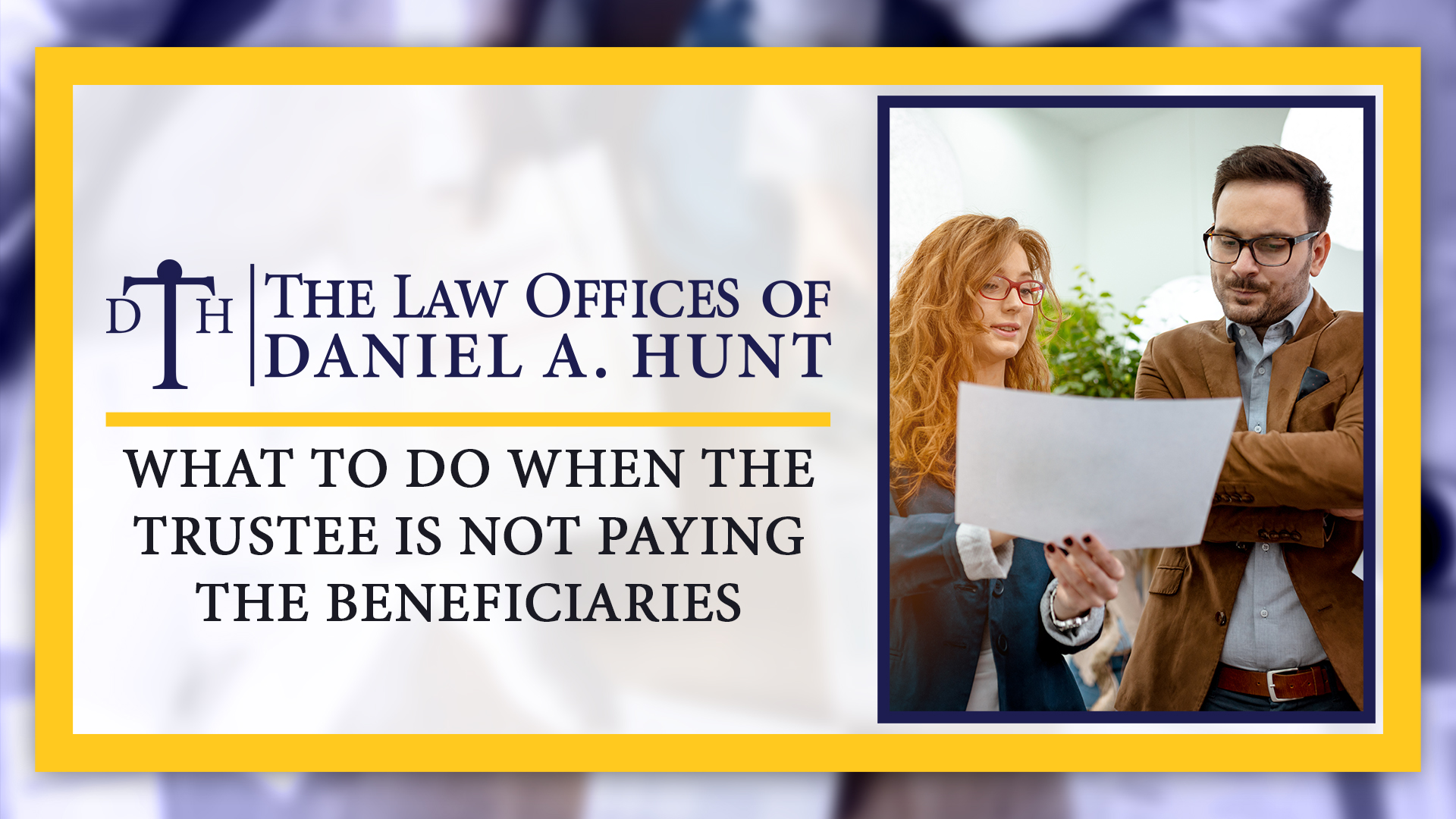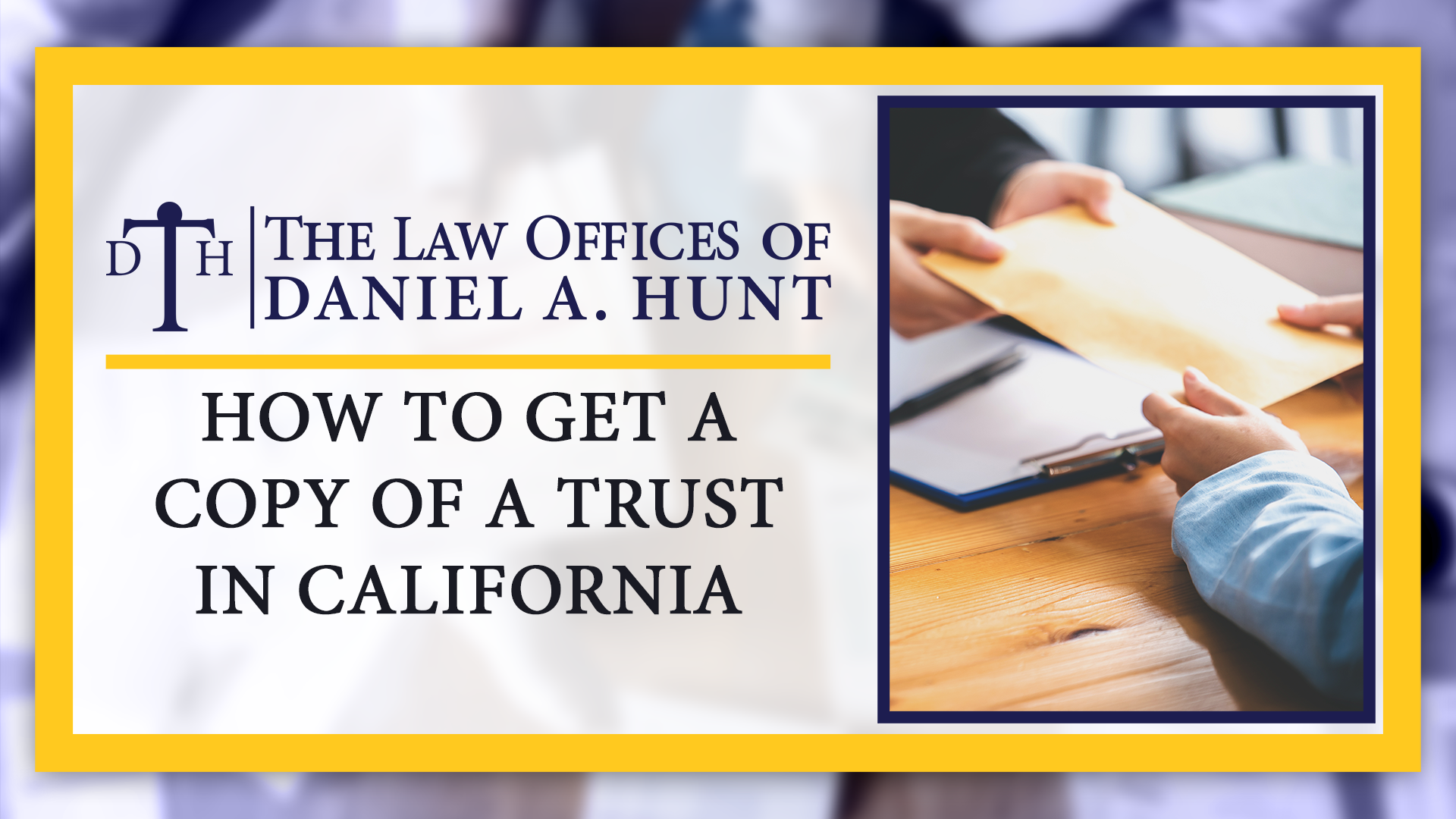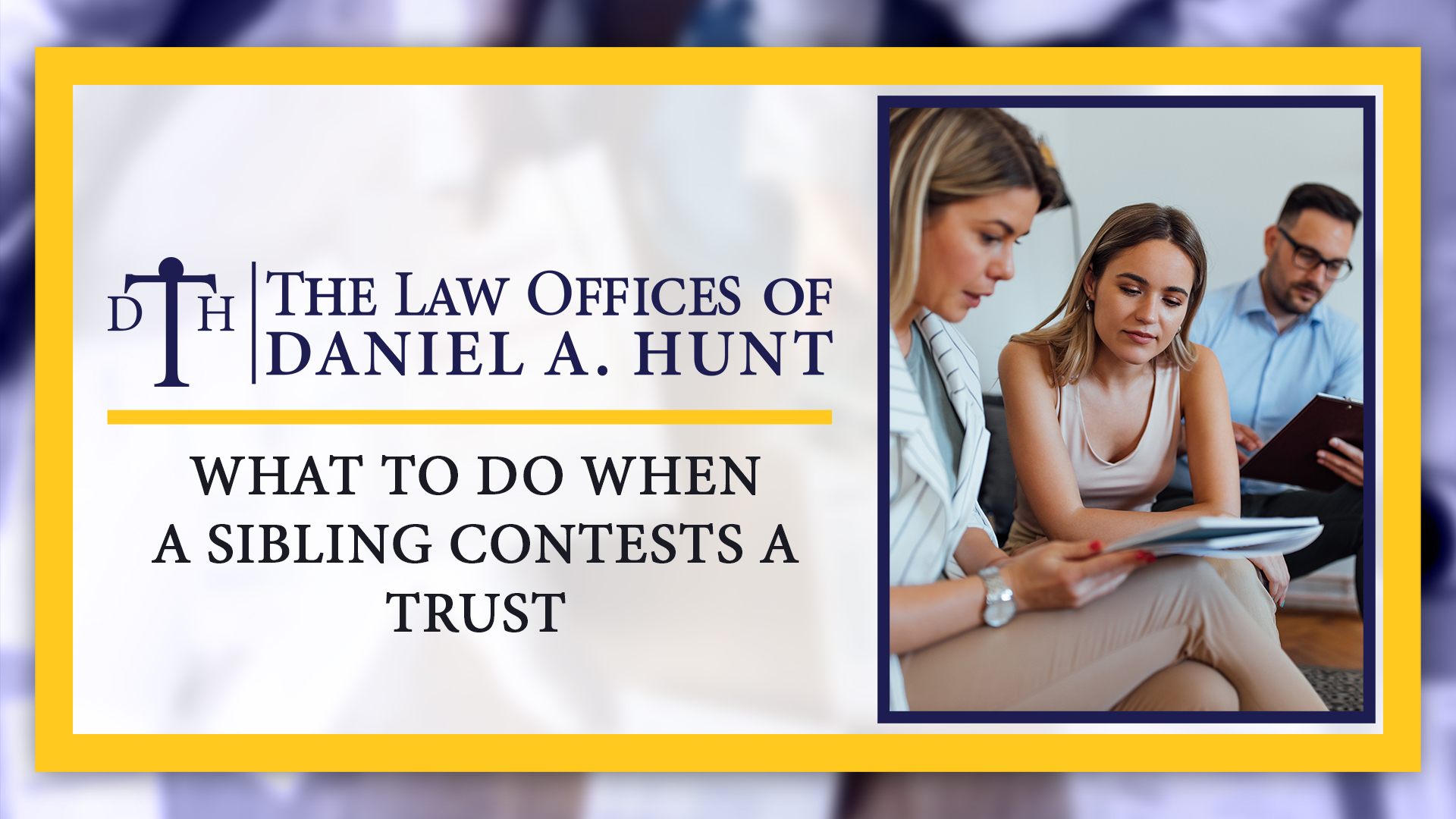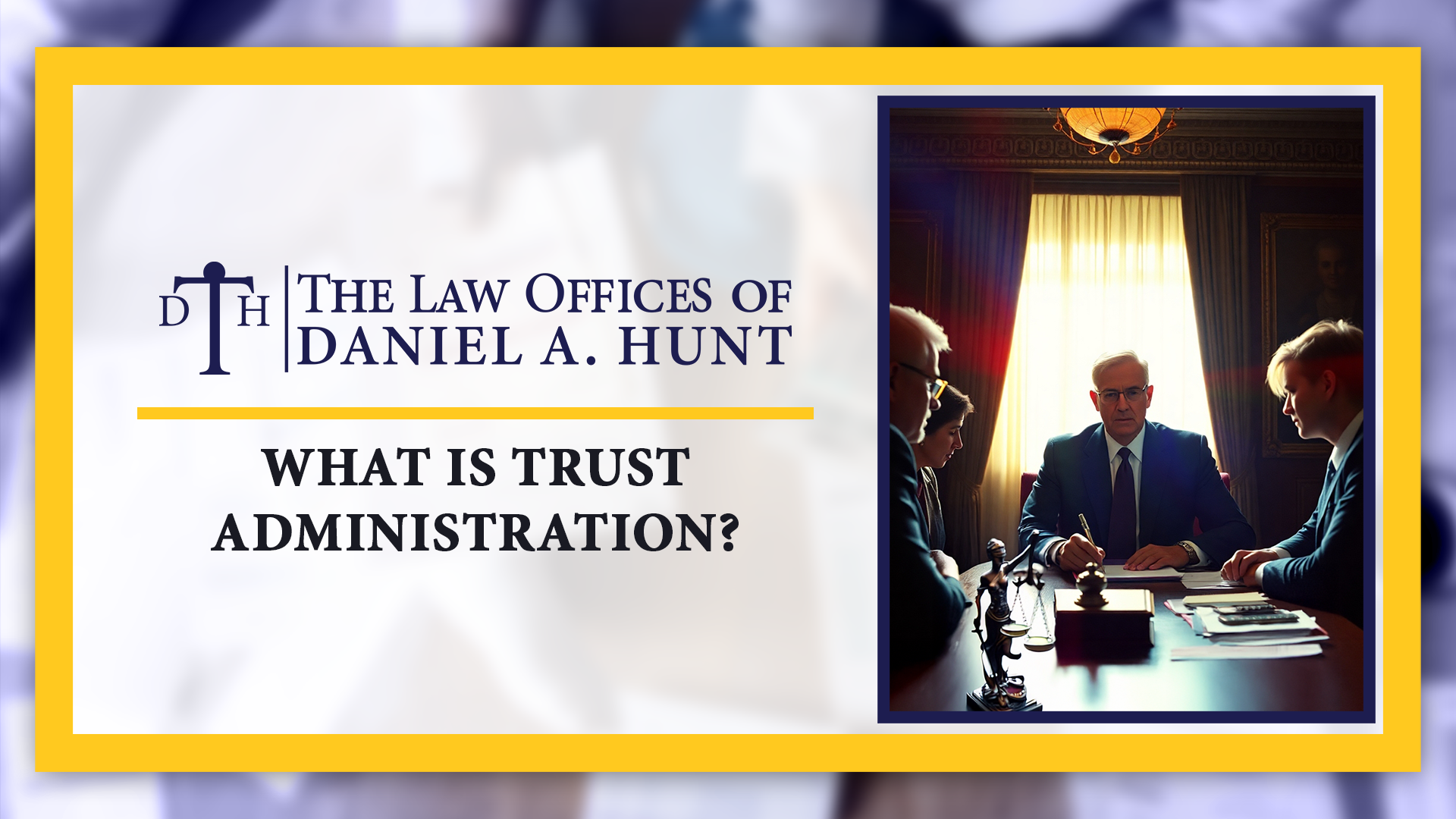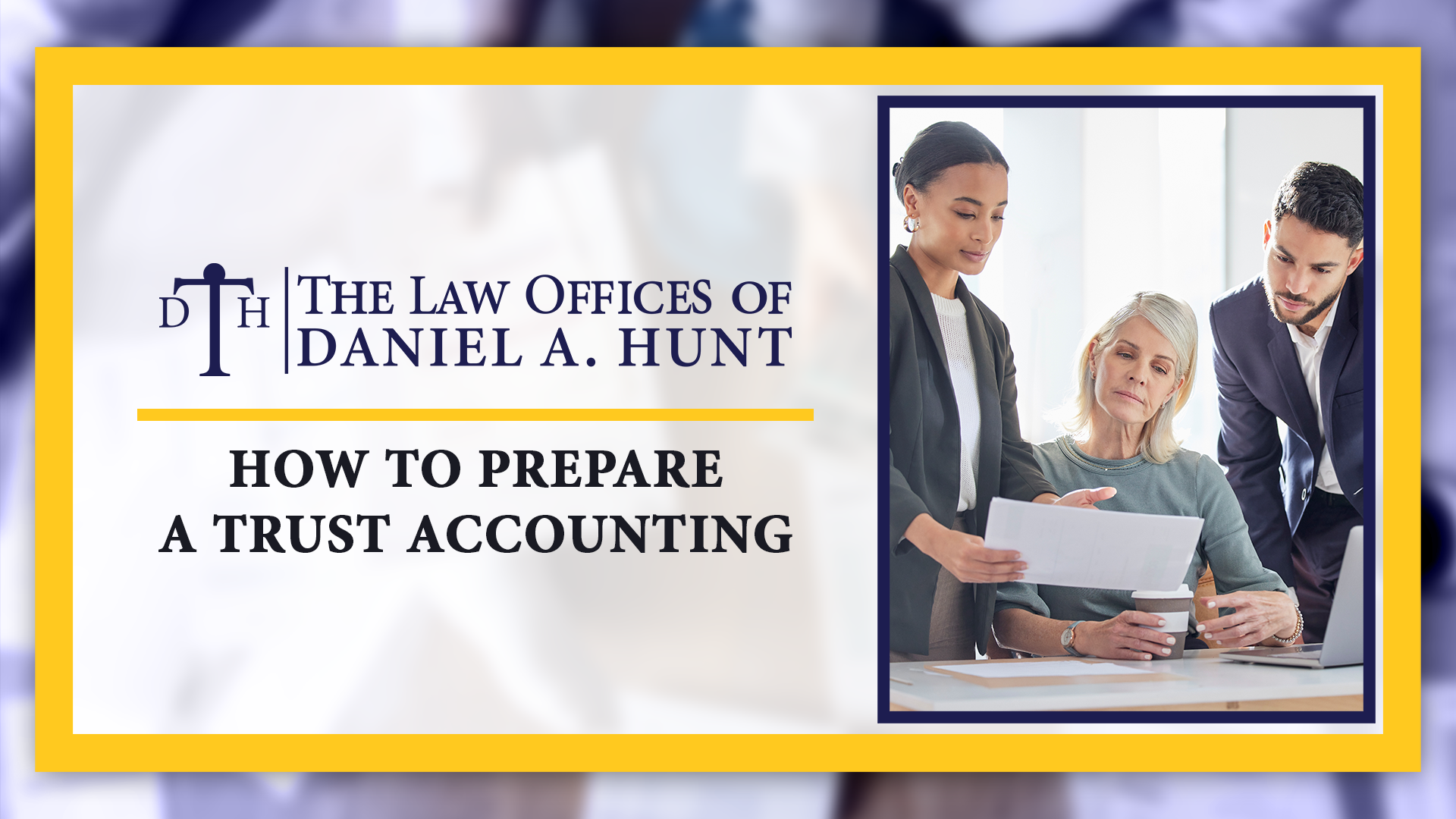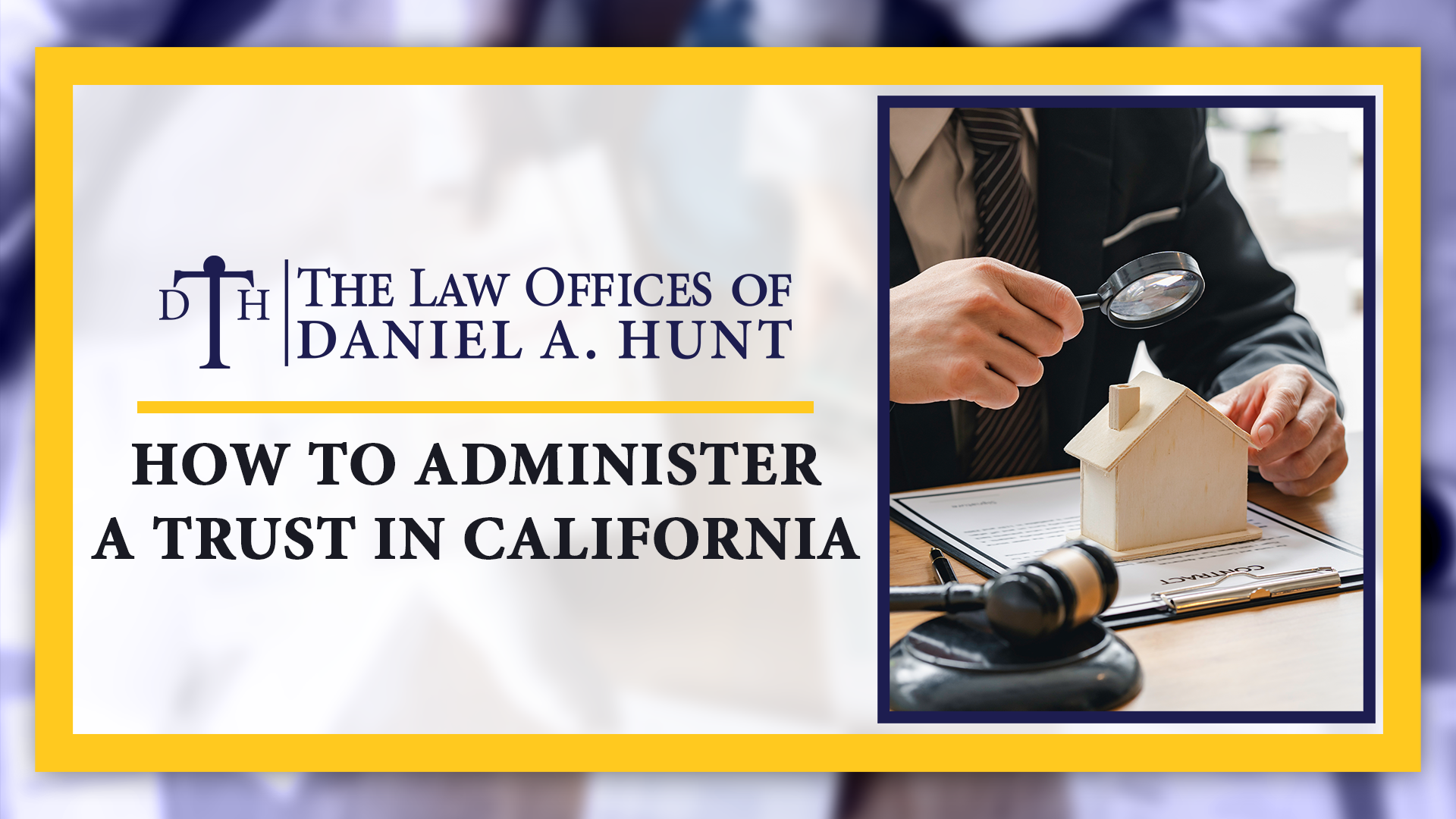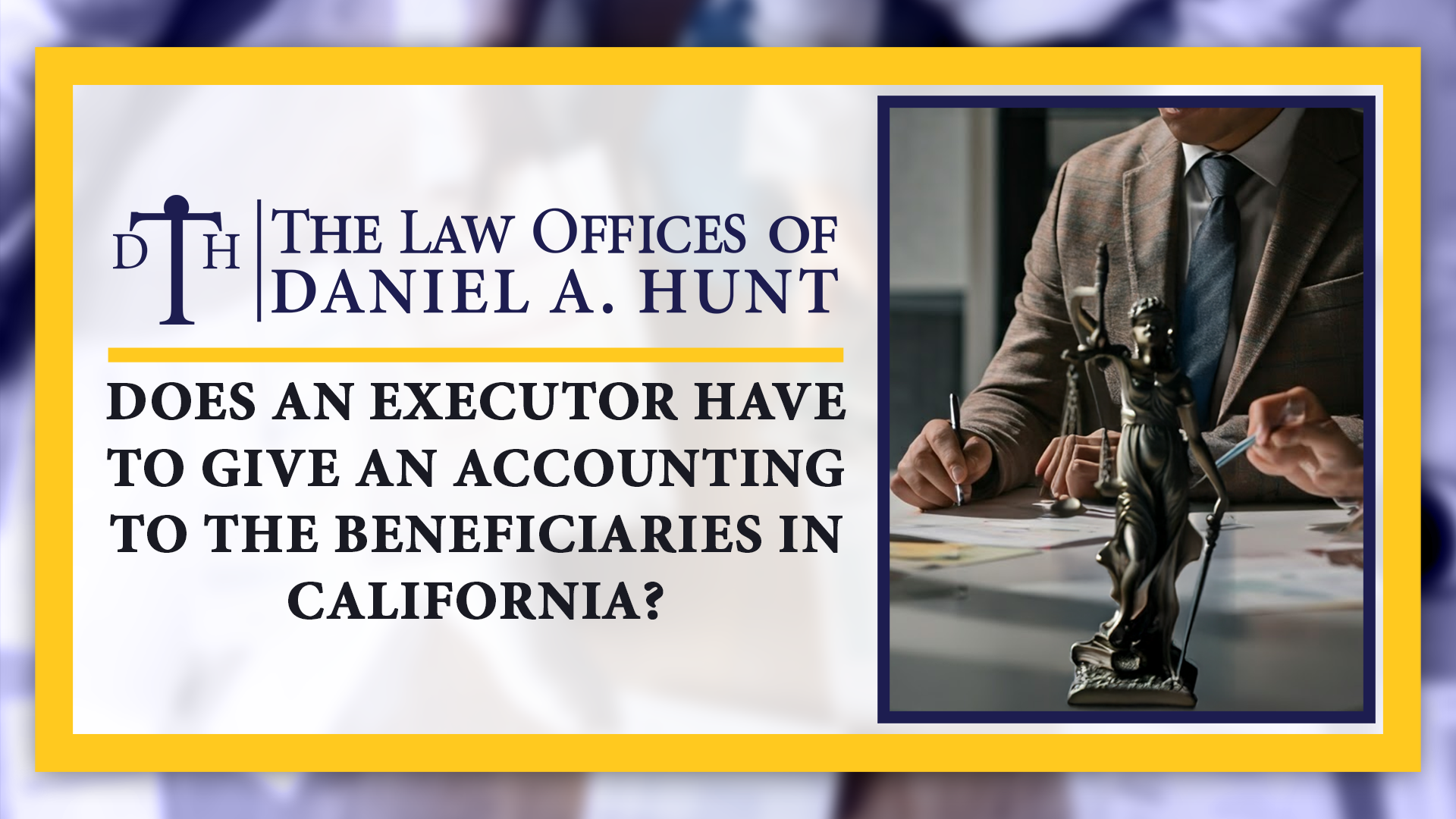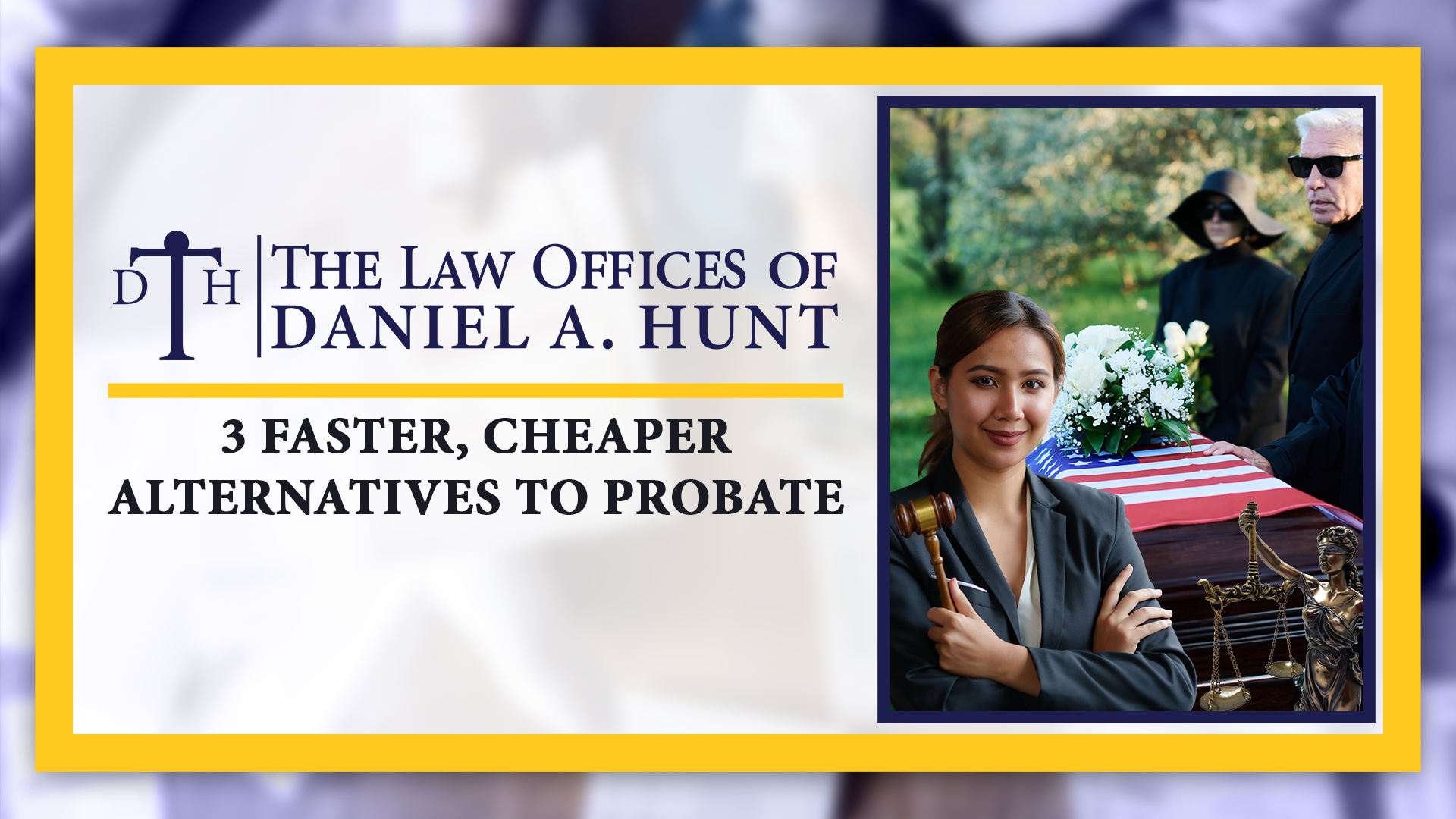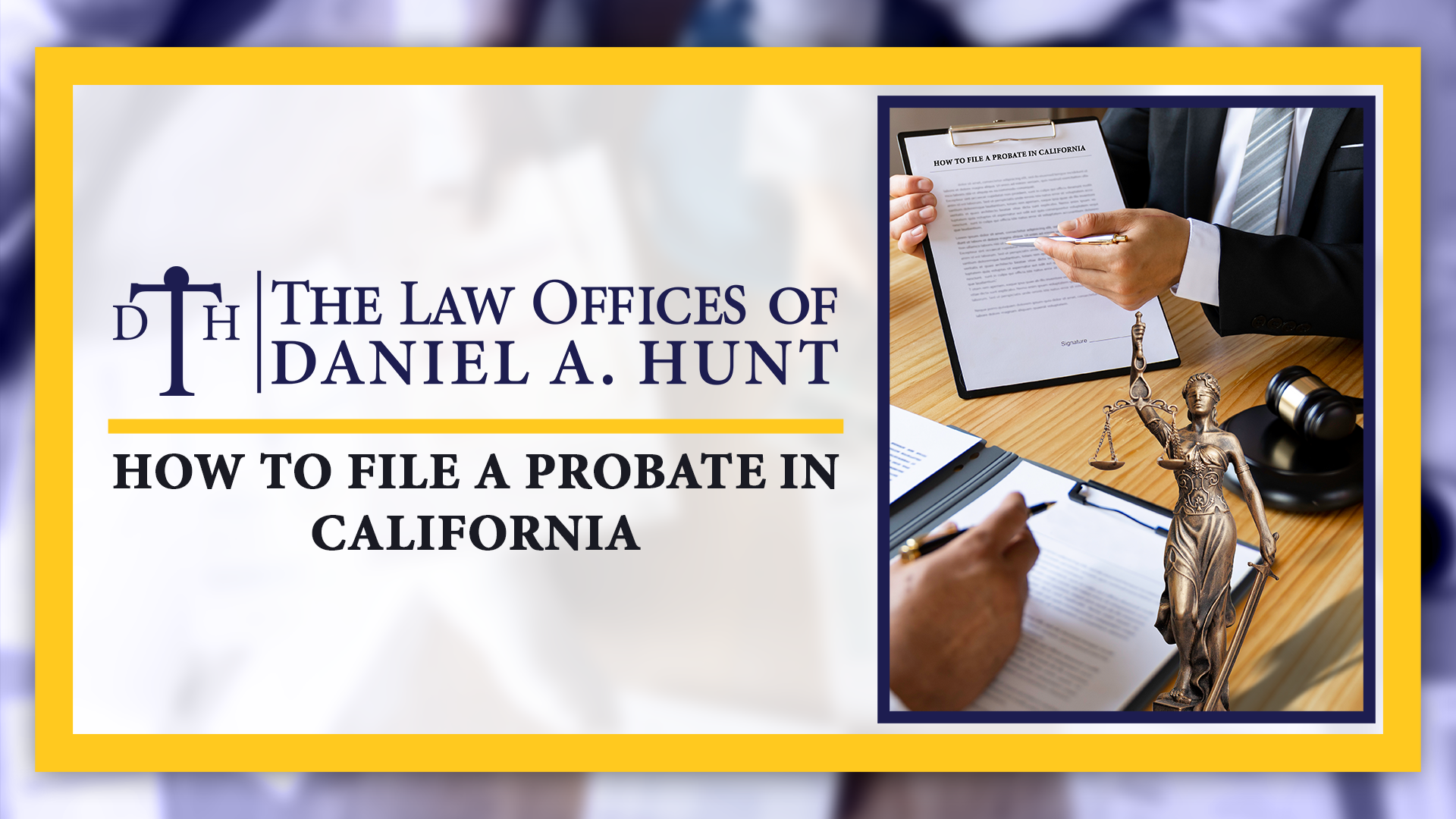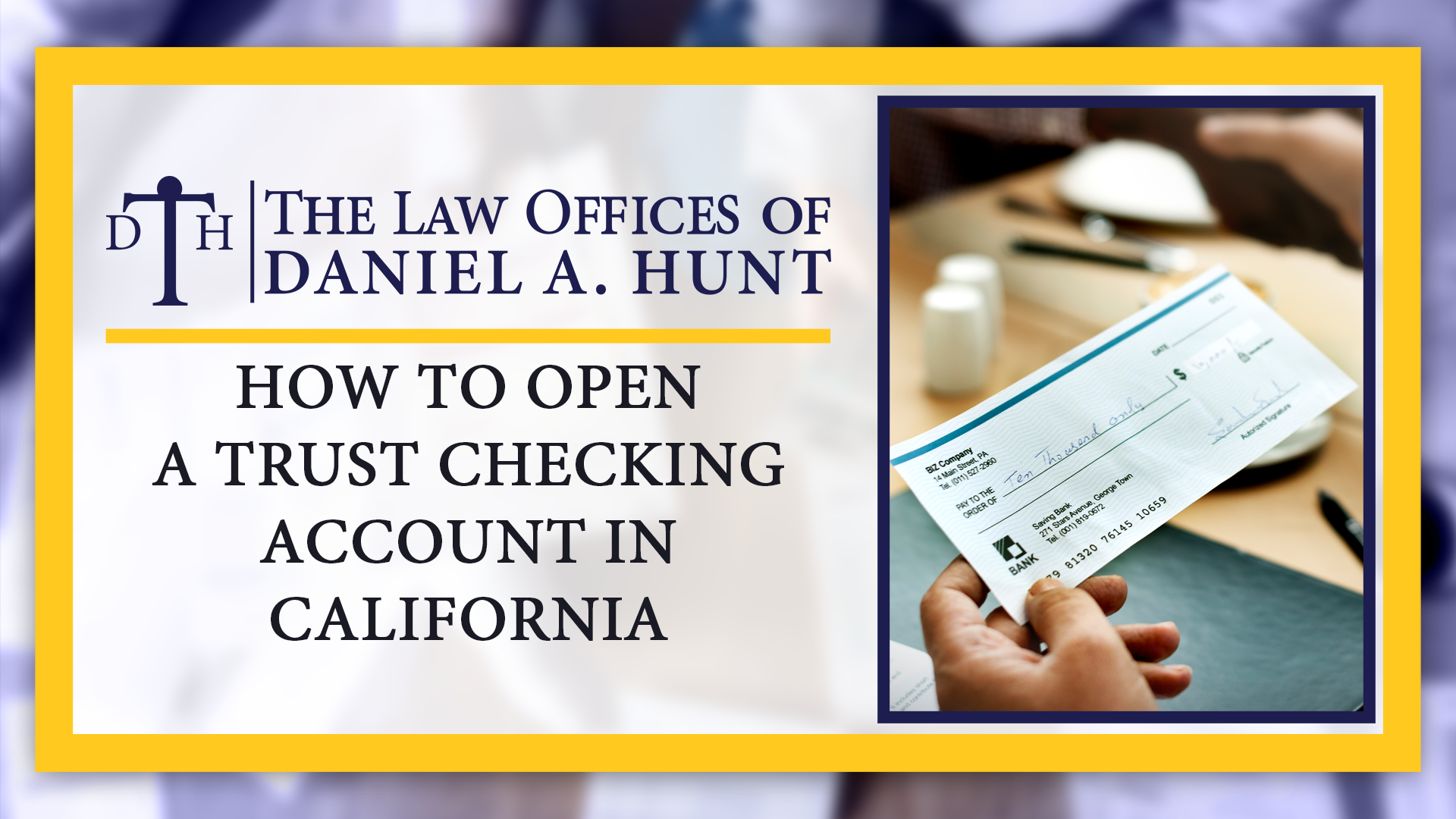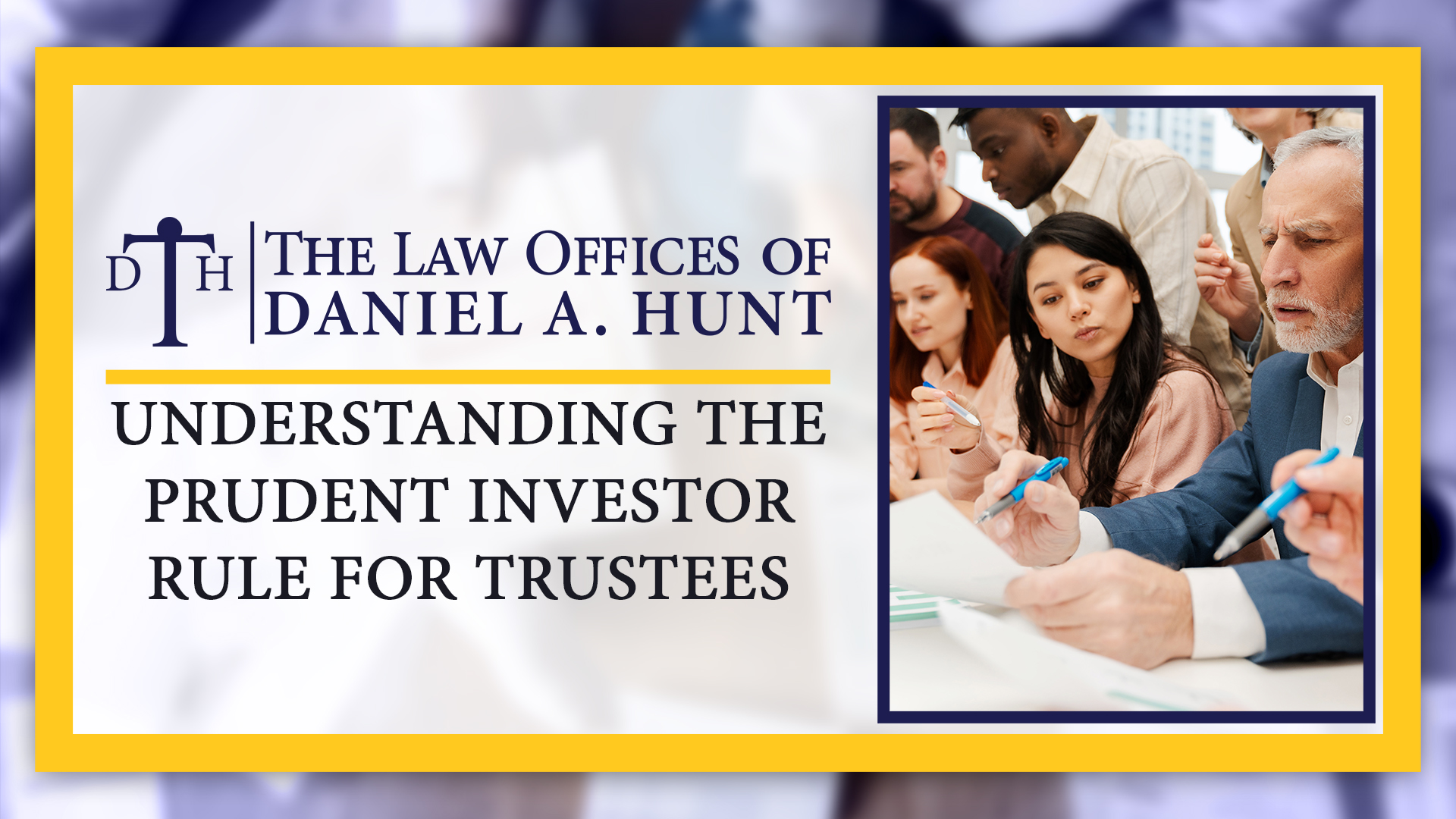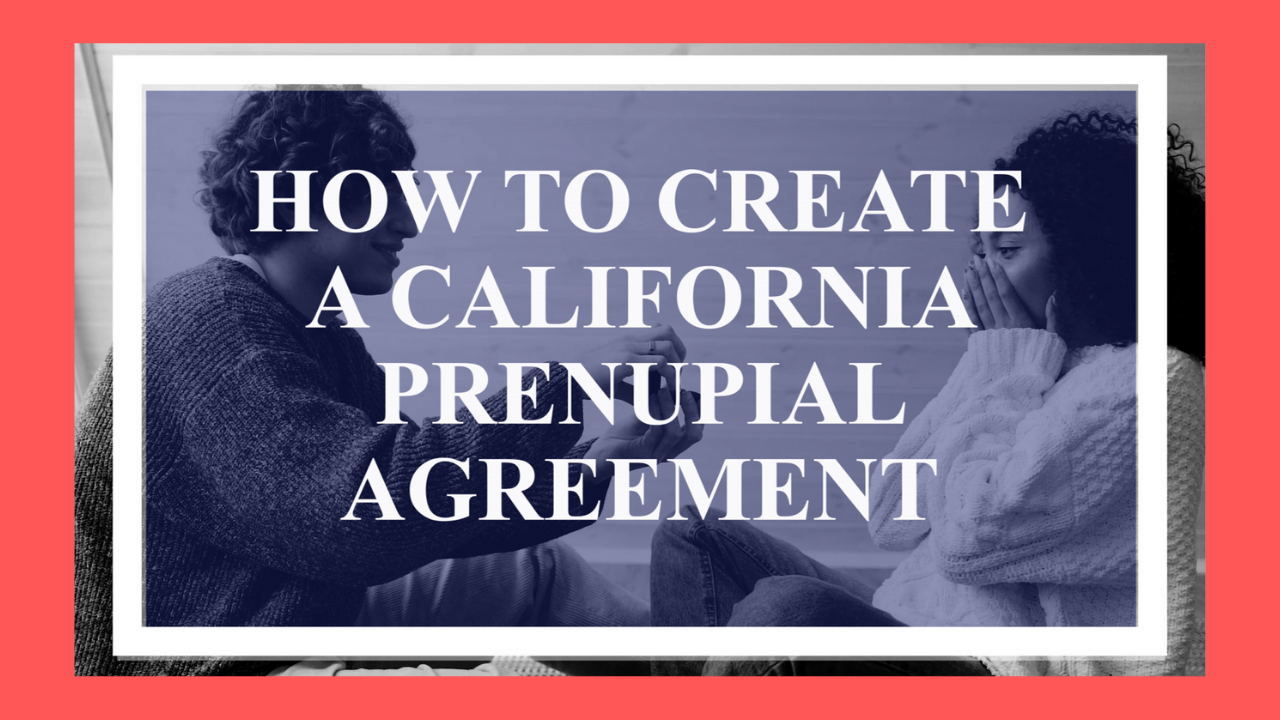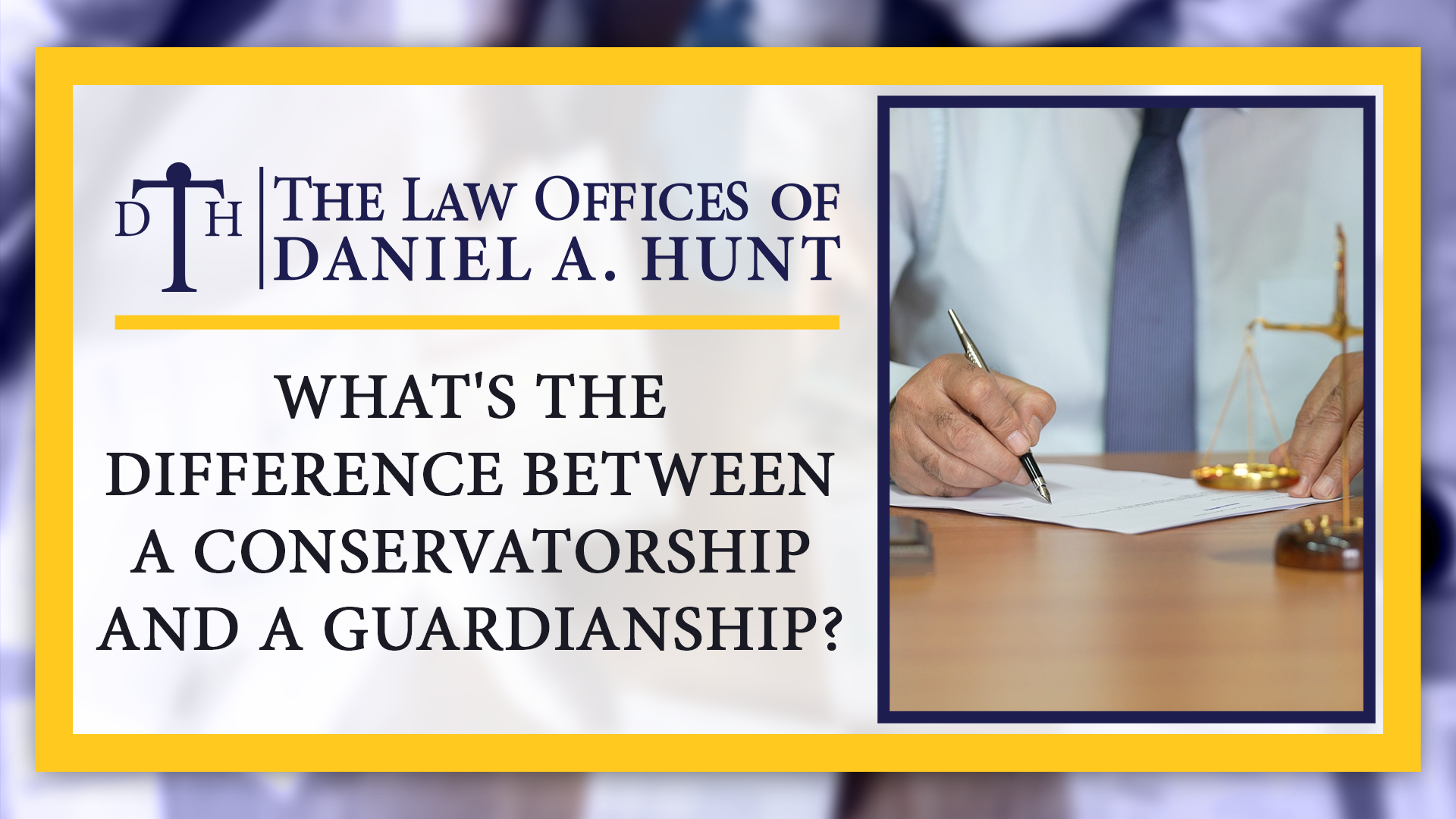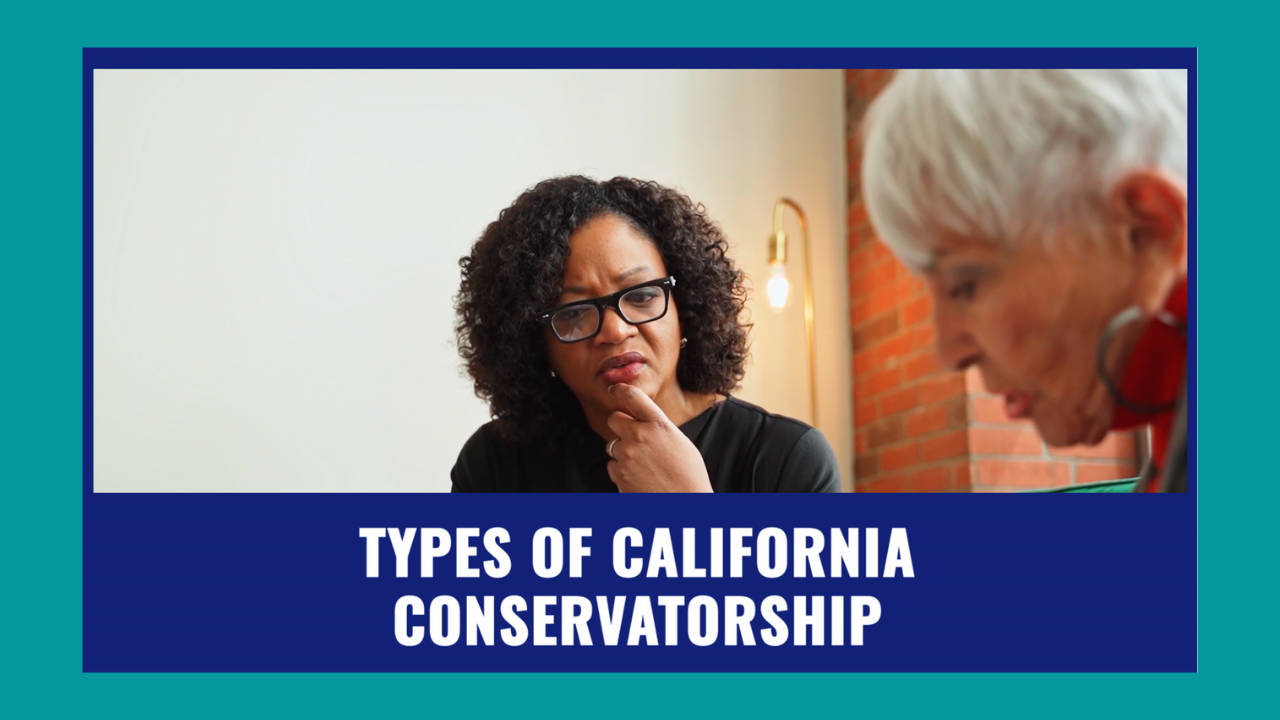Resources
We offer videos, FAQs, educational events, and a referral hub to help you find clear answers to your legal questions.
In our video series, we tackle some of the most frequently asked questions we hear. From “What’s the difference between a Will and a Trust?” to “How can I avoid a California Probate?”, we strive to answer your top questions about Estate Planning, Trust Administration and Litigation, and Probate. You’ll also learn valuable tips like “How to Avoid the #1 Estate Planning Mistake”.
SUBSCRIBE TO OUR CHANNELFAQ Video Series
Trust & Estate Litigation Video Series
Trust & Estate Administration Video Series
Prenuptial Video Series
Conservatorship Video Series
Frequently Asked Questions
How do I transfer assets into my Trust? What happens if I can’t locate an original Will? How often should I update my Estate Plan? In this section, we share concise answers to these and many other Frequently Asked Questions.
Not all assets can be transferred into your trust. For example, pay-on-death bank accounts, retirement accounts and life insurance policies are handled by filling out a beneficiary designation form with the institution.
That being said, we generally recommend that all of our client’s assets that are available for transfer into their trust are transferred. However, individual circumstances may vary. You may want a particular asset to pass outside of your trust to a specific individual. Due to the variations in each individual circumstance, we recommend consulting an experienced estate planning attorney regarding transferring assets to your trust.
Generally, asset transfer is accomplished by providing the financial institution with a copy of your Certification of Trust. (Note: the California Probate Code states that a copy is fine; an original is not needed, nor is a copy of the trust document itself.) The financial institution will then prepare transfer documents for execution to move the asset into your trust.
Real property transactions are typically handled by an attorney who drafts a deed transferring title to the trust, and then records that deed in the County where the real property is located.
California law allows trustees to receive “reasonable compensation”. Family members often choose to waive this compensation, but they are still legally entitled to reasonable compensation. You can define the compensation that your trustee is entitled to take within your trust, as long as the definition is “reasonable”.
Executor compensation is set by California Probate Code statute and is a percentage of the assets of the probate estate. It is equal to 4% on the first $100,000; 3% on the next $100,000; 2% on the next $800,000; and 1% on the next $9 million.
No, a named executor or successor trustee does not have to serve in this role. They serve at their own discretion. If named, they can decline their appointment and it would fall to the next in line.
If the original document cannot be located, there is a court procedure which allows a copy of an original to be probated. It must be determined by clear and convincing evidence that the original will was lost and not destroyed by the creator of the will.
The Probate Court retains jurisdiction to decide will and trust contests. Typically, attorneys are retained to represent each party’s interests in these disputes.
Most will or trust disputes are resolved prior to a trial through the use of alternative dispute resolutions, such as mediation and informal settlement discussions between the parties. If necessary, the Probate Court can resolve all estate planning disputes between parties.
Beneficiaries who contest trusts without reasonable cause often risk losing the inheritance they may otherwise have received if their contest is unsuccessful.
Trustee and executor fees to defend the will or trust are paid for from the estate. Generally, beneficiaries or heirs must use their own funds to contest a will or trust, but if successful, their fees may be reimbursed from estate assets.
Payable-on-death accounts transfer directly to the beneficiary named on the account. Therefore, we generally recommend that spouses name each other as the beneficiary, with the trust as an alternate beneficiary. Sometimes circumstances arise where a spouse wants to leave an account to another individual. They can do so, but this sometimes requires the consent of the spouse. We recommend consulting with an attorney for your individual circumstances.
Many banks remove your home from your trust in order to refinance the existing mortgage and do not place your home back into your trust upon completion of the refinance. This leaves your home exposed to probate, unless the title to your home is placed back into your trust after your refinancing.
Consult with an experienced estate planning attorney to ensure that your home’s title is correctly held to avoid probate. If the title is no longer in trust, this can be resolved by having the attorney draft and record a deed changing the title on your home back to your trust.
We recommend that our clients review their estate plan a minimum of once every 5 years. In addition, if certain changes occur in your personal circumstances, you may want to consider reviewing your estate plan before the 5-year mark. Here are some examples of situations that may necessitate updating your estate plan:
CHANGES IN FAMILY RELATIONS:
- Dissolution of Marriage (divorce)
- Death of a spouse
- Marriage of a single person
- Changes regarding children, grandchildren, or other beneficiaries including: Birth of a child, marriage of a child, marriage dissolution of a child, adoption of a child, severe illness of a child, economic change (good or bad fortune), attitude change toward testator/testatrix, or financial irresponsibility.
CHANGES IN ECONOMIC CONDITIONS:
- Asset value increase or decrease
- Change in insurability – life insurance
- Change in employment
- Change in business interests (new partnership or corporation)
- Property acquired in a different State
- Change in health of testator/testatrix or spouse
- Retirement from business or profession
EXTERNAL CHANGES:
- Changes in laws: State and Federal Income tax law changes, estate tax law changes and gift, property, trust or Probate law changes
- Change of residence to different State
- Death of executor, guardian or beneficiaries under the Trust/Will
Most individuals select a trusted family member or child to serve as trustee or executor. If this is not an option for you, our office can recommend a trustworthy professional fiduciary who can handle any kind of estate administration, from the most simple to the most complex.
You can express desires of this nature at any time at no cost by writing a letter of instruction. For details on how to write a letter of instruction, where to keep it, and when to update it, check out this blog post.
If you have a Revocable Living Trust, it will likely still be good (unless you move to Louisiana). You may want to have other Estate Planning documents (like Wills and Medical and Financial Powers of Attorney) reviewed by a local attorney in your new state and possibly replaced. Check out this blog post for a more detailed answer.
For over a decade, the Law Offices of Daniel Hunt has been educating individuals on estate planning-related issues. For years, we’ve offered free in-person seminars to the public and our clients. We’ve presented useful information to local clubs, college classes, and other legal professionals.
Today, we’re more committed than ever to empowering people through spreading knowledge. We periodically offer free educational seminars and webinars featuring our staff and trusted experts in other industries. Whether you enroll in an upcoming class or check out the previously recorded sessions on YouTube, we’re committed to helping you find timely solutions to your legal challenges.
Upcoming Events
New events coming soon!
STAY CONNECTED
Subscribe to our email list for access to free educational content and events, exclusive promotions, legal updates, and more!
STAY CONNECTED
Subscribe to our email list for access to free educational content and events, exclusive promotions, legal updates, and more!
Referral Hub
Need a referral to a trustworthy, pre-vetted professional in another field? We’ve got you covered with our Referral Hub.
Appraisers
- Appraise It Today
- Advantage Appraisals
- Bob Woytovich at Century 21
- Holly Graham at Holly Graham Real Estate
- Paul Boudier at Knowledge Real Estate Group
- Greg Williamson at Rocket Appraisal Service, Inc.
Attorneys
- Business Litigation: Bashar Ahmad at Boutin Jones Inc.
- Corporate + Tax Law: Brian Bowen at Murphy Austin Attorneys
- Criminal Defense Law: Philip McCarthy at Law Office of Philip McCarthy
- Employment Law: Treaver Hodson at Palmer Kazanjian Wohl Hodson
- Family Law: Joseph Hoffman at Hoffman & Hoffman
- Family Law: John O’Malley at Delfino Madden O’Malley Coyle Koewler
- Family Law: Jennifer Hemmer at Hemmer and Barr LLP
- Family Law: Renee Pena at Law Offices of Renee Pena
- Guardianship: Joseph & Sheri Hoffman at Hoffman & Hoffman
- Personal Injury Law: Josh Edlow at Dreyer Babich Buccola Wood & Campora, LLP
- Personal Injury Law: Frederick Penney at Penney & Associates
- Real Estate: Brian Clark at Attorneys Real Estate Group
- Worker’s Compensation: Jason Marcus at Marcus, Regalado, Marcus & Pulley
CPAs
- Bluemel & Dhillon CPAs
- Robert & Stephan Brown at Newpoint Tax & Accounting
- Clint Herndon at NextPeak CPA
- Ivan Tidwell at Tidwell CPA
- Aaron Walker at Galt CPA
Elder Care Specialists
Financial Planners / Advisors
- Bill Altavilla at CAPTRUST (Folsom)
- Cameron Beck and Joshua Strawn at The Beck/Strawn Wealth Consulting Group (Sacramento)
- Valerie Bevan at Mass Mutual Northern California (Sacramento)
- Alex Brown at CAPTRUST (Sacramento)
- Colin Mackey and Adam Wilson at Fidelity Investments (Sacramento)
- David Laut at Abound Financial (Granite Bay)
- Steve Pitchford at Towerpoint Wealth, LLC (Sacramento)
- Ivan Tidwell at Tidwell CPA (Roseville)
Mediators
Medi-Cal Application Assistance
Medi-Care Consultants
Mortgage Lenders
Probate Bonds
Professional Fiduciaries
- Beth Dean at Elizabeth Dean Fiduciary Services
- Susan Didriksen at California Fiduciary Services
- Mia Ehsani at Anderson Ehsani Fiduciary Services
- Marybeth Kavanaugh at Moneywise with Marybeth
- Kristin Miguel at Kristin Miguel Fiduciary Services
Realtors
- Rachel Anderson at Waterman Real Estate
- Paul Boudier at Knowledge Real Estate Group
- Connie Bradley at Commercial NNN Lease (Commercial)
- Betty Brody (Certified Probate & Trust Specialist) at Sotheby's
- Marla Kuresa (Senior Specialist)
- John Lanting at Keller Williams
- Heather McCarthy at Better Homes and Gardens
- Edgar Sanchez at RE/MAX
- Jenica Williams (Certified Probate and Trust Specialist) at Keller Williams
- Bob Woytovich at Century 21
- Joel Wright at Keller Williams
Trust Accounting
“SO YOU’VE BEEN NAMED AS SUCCESSOR TRUSTEE OF A LOVED ONE’S TRUST. NOW WHAT?”
First, know that your loved one trusts you to carry out their wishes when they’re gone. Naming you as their successor indicates their faith in your ability to act in their place if they’re unable to do so in the future. Our firm created this page to provide Successor Trustees with useful information that will equip you to succeed in this role.
Acting as a Successor Trustee can be a difficult job, but you’re not alone. Our office has helped thousands of Successor Trustees to learn and execute their duties. To start, here are three tips for preparing to be a Successor Trustee while your loved one is still alive. (If they have already passed, please visit our Trust Administration page.)
3 TIPS FOR PREPARING TO BE A SUCCESSOR TRUSTEE
1. Understand your loved one’s intentions. If possible, have a frank conversation with your loved one about their wishes early on, while they’re still alive and healthy. Here are some talking points to consider:
- Ask them to explain exactly what they want to happen at the end of their life and after they pass.
- Make sure you understand their wishes for end-of-life decisions, such as life support, pain medication, and organ donation, especially if you are also listed as their Advance Healthcare Directive agent.
- Ask if they have created a Letter of Instruction. They can draft this informal, free-form letter on their own at any time. Often it will include gifts of personal property (like family heirlooms), instructions on the funeral/burial, and many more details. If they haven’t drafted one yet, encourage them to do so and send a copy to both you and their estate planning attorney.
- Make sure you know where their estate planning documents are located so they can be accessed when the time comes.
2. Get familiar with their estate planning documents. If you know that you have been named as a Successor Trustee, then your loved one has probably created a Revocable Living Trust as part of their estate plan. If they’re comfortable explaining the structure of their estate plan, it can be helpful to review in general what documents they’ve created.
For example, do they have any other trusts, like a Special Needs Trust or Life Insurance Trust? Do they have a Pour-Over Will and where is the original being kept? (The original Will must be lodged with the Probate Court after their death.) Have they created an Advance Healthcare Directive or a Durable Power of Attorney? Have copies of these documents been given to the agents? If not, where can copies of these documents be found?
Your loved one may or may not wish to share all of their estate planning documents with you while they’re alive. Sometimes giving a copy of an estate plan to a Successor Trustee can be problematic and confusing if they later decide to change/amend it. But at the very least, if you know that you are the named Successor Trustee, it is helpful to understand the location of key documents and how to access them if needed.
3. Download our firm’s “Successor Trustee Guide & Checklist”. Often when a loved one dies, the amount of work entailed for those left behind can be overwhelming, even before you begin to administer the estate. It can be hard to know where to start.
That’s why we created a “Successor Trustee Guide & Checklist”. This free resource explains some of your main duties and responsibilities as a Successor Trustee under the California Probate Code. It also includes a checklist of tasks that should be completed after your loved one passes away. We recommend you seek the counsel of an experienced trust attorney who can guide you through the specific steps of administering the trust. Click here to download this free guide.
We hope you find these resources helpful as you learn how to perform the important tasks this role requires. For more information on the Trust Administration process, please visit our Trust Administration page.
Our goal as a law firm is to empower our clients with knowledge and resources. We hope the information on this page will help you organize and access information relevant to your legal needs.
ANNUAL TRUST LAW REPORT
Want to read about the major trust & estate law updates for 2024? Click here.
CLIENT TEMPLATES
Here are some useful templates for our clients:
Schedule “A”: Looking for a blank Schedule “A” template? We recommend that our estate planning clients update their schedule of trust assets at least every five years. Once complete, please e-mail our firm a copy to place in your file at info@dhtrustlaw.com. DOWNLOAD TEMPLATE
Glossary of Trust Terms: Confused by a term in your estate planning documents? This helpful glossary translates “legalese” to laymen’s terms. DOWNLOAD GLOSSARY
Online Subscription Template: This spreadsheet will provide information so your Successor Trustee can cancel any recurring subscriptions in your absence (think Netflix, Amazon Prime, etc.). DOWNLOAD TEMPLATE
eBOOK RESOURCES
Here’s a list of all the free e-books our firm has created to help guide our clients through each type of legal matter:
Trust Administration Essentials
Trust Litigation: A Guide For Beneficiaries & Heirs
Trust Litigation: A Guide For Trustees
USEFUL LINKS
Need information from a specific probate court for your case? Need to contact the county recorder to request or record a document?
We’ve compiled a helpful resource list with links to the probate court and county recorder for our most frequently served counties.
If you have any questions, please contact us here.

